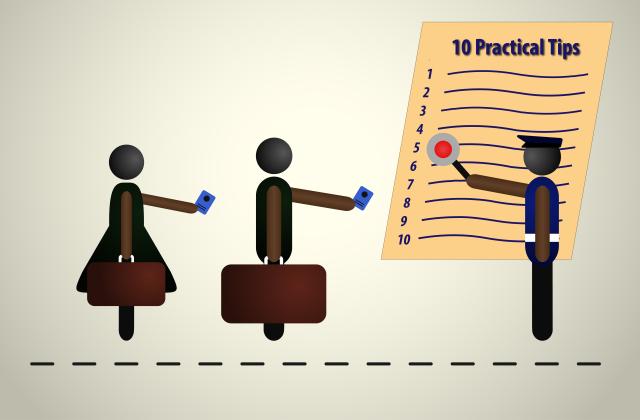Help us make the FRA website better for you!
Take part in a one-to-one session and help us improve the FRA website. It will take about 30 minutes of your time.
Asilo, migración y fronteras
Highlights
- PageThis page describes the activities of the EU Agency for Fundamental Rights (FRA) on migration and asylum. It also explains how these activities can help the European Union (EU) and its Member States to implement the Pact on Migration and Asylum in a fundamental rights-compliant manner.
- Report / Paper / Summary22March2022In view of the human rights situation since the beginning of the war in Ukraine on 24 February 2022 and the large number of persons seeking protection in the European Union (EU), the EU Agency for Fundamental Rights (FRA) dispatched, as a first step, a team composed of Agency staff who speak the national languages and with expertise on migration, child protection, equality and non-discrimination and Roma inclusion to observe and collect evidence on the evolving situation. The team reported daily to the EU mechanism for preparedness and crises management on migration (Migration Preparedness and Crisis Blueprint).
- Report / Paper / Summary14December2020Artificial intelligence (AI) already plays a role in deciding what unemployment benefits someone gets, where a burglary is likely to take place, whether someone is at risk of cancer, or who sees that catchy advertisement for low mortgage rates. Its use keeps growing, presenting seemingly endless possibilities. But we need to make sure to fully uphold fundamental rights standards when using AI. This report presents concrete examples of how companies and public administrations in the EU are using, or trying to use, AI. It focuses on four core areas – social benefits, predictive policing, health services and targeted advertising.
- Handbook / Guide / Manual17December2020El Convenio Europeo para la Protección de los Derechos Humanos y de las Libertades Fundamentales
(CEDH) y el Derecho de la Unión Europea (UE) constituyen un marco cada vez más importante para la
protección de los derechos de los extranjeros. La legislación de la UE sobre asilo, fronteras e inmigración
se está desarrollando rápidamente. La jurisprudencia del Tribunal Europeo de Derechos Humanos
(TEDH) en este ámbito es abundante y relativa en particular a los artículos 3, 5, 8 y 13 del CEDH. El Tribunal
de Justicia de la Unión Europea (TJUE) debe pronunciarse cada vez más sobre la interpretación de
las disposiciones del Derecho de la UE en la materia. La tercera edición de este manual, que se actualizó
en julio de 2020, presenta de manera accesible el Derecho de la UE y la jurisprudencia de los dos
tribunales europeos en la materia.






















